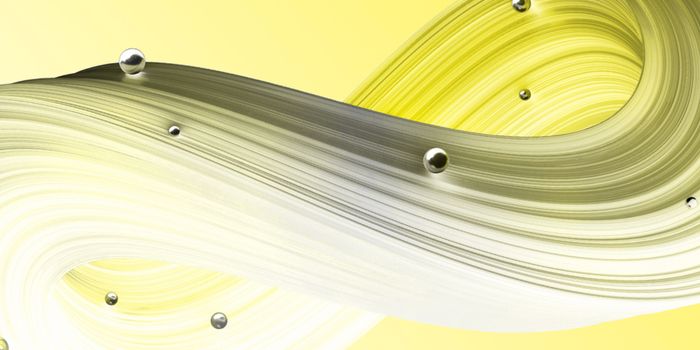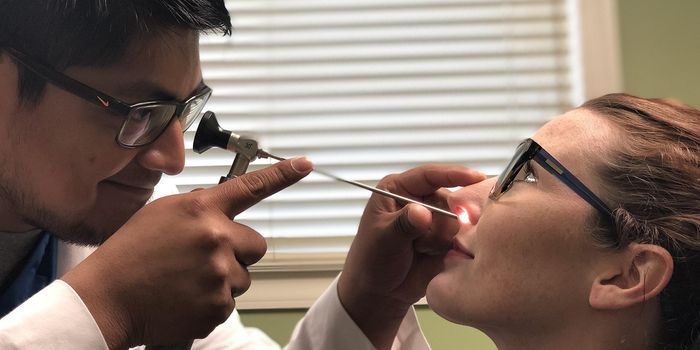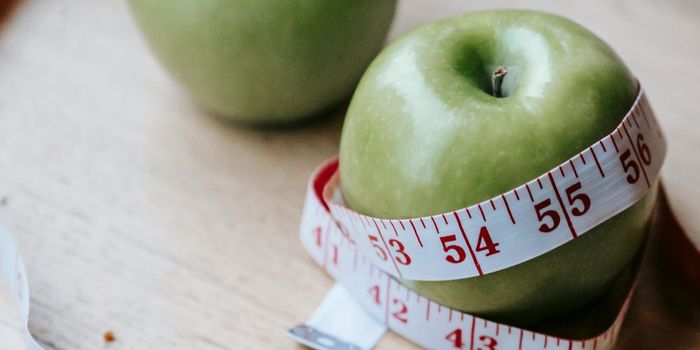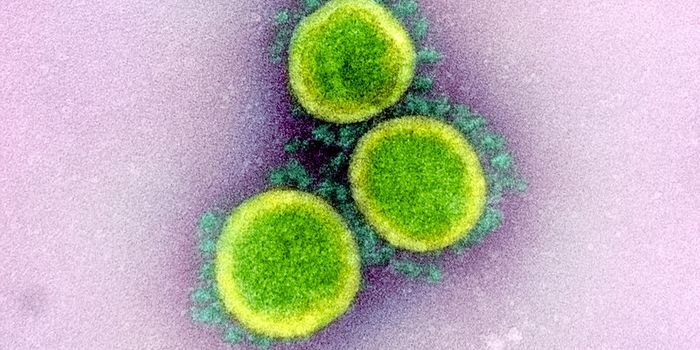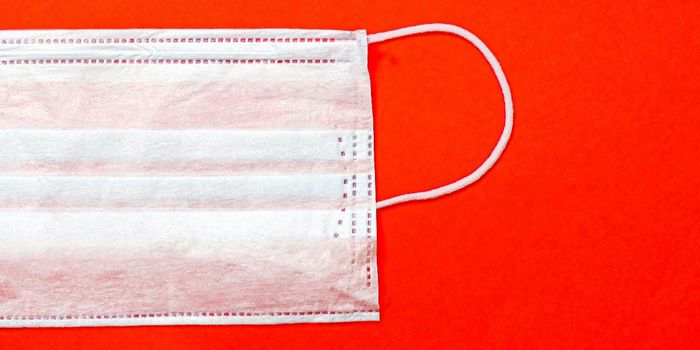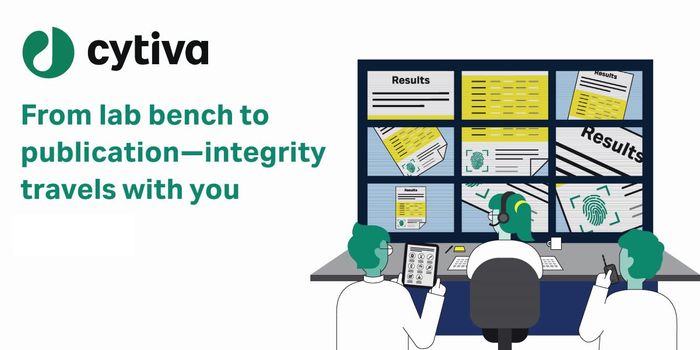Does Microdosing Really Boost Productivity and Creativity?
Microdosing is the practice of ingesting very low doses of psychedelic substances, typically a twentieth of a recreational dose. In particular, Lysergic acid and diethylamine (LSD) and psilocybin have become more popular in recent years for microdosing as people have reported feeling increases in productivity, creativity and general well being. But how effective is it?
Research on microdosing is relatively scarce, with few, if any, experimental studies and peer-reviewed research due to current legal and bureaucratic climates. Despite this however, observational studies and interview-based studies have been conducted and provide some insight into the potential of the practice (Anderson: 2018).
Reports of the practice are generally positive. For example, research in 2018 taken interviewing microdosers found generally positive outcomes included better mood, higher energy levels and better cognition (Johnstad: 2018). Other studies have found that microdosing leads to increases in convergent and divergent thinking- key indicators of creativity, as well as a reduced levels of negative thinking and emotions, increased wisdom and more open-mindedness than those who had not microdosed (Prochazkova: 2018, Anderson: 2018).
A study published in February 2019 however challenged these findings. Although a self-reported observational study, and thus limited in scope, it likewise reported general positive outcomes from the practice, researchers found that many of its immediate effects including boosts in productivity and creativity were short-lived, and were not sustained beyond the day of dosing (Polito: 2019).
Instead however, it was found that longer-term effects included reduced mental distress and changes in constructs including absorption and mind wandering. This suggested that expectations from popular belief (that microdosing leads to sustained increases in productivity and creativity) have little effect on real outcomes and that instead, longer term outcomes lead to more subtle changes in improving mental stability, focus, and the ability to become engaged by intense imaginative experiences.
Unexpected by the researchers, they also found that despite these positive outcomes, neuroticism also tended to increase after microdosing. Although most of the participants’ comments were positive following their experiences, some reflected unease. This highlights that, even though microdosing may have positive benefits for many, it is still not a panacea to everyday issues, and may not be universally beneficial.
As microdosing is generally under-researched, there is little confirmation on its safety, although more extensive research on people taking higher doses suggests that it is likely a safe practice. This comes in accordance with large scale population studies finding no association between psychedelics and negative mental health, as well as their property as non-addictive substances (ibid.).
To conclude, it is difficult to be certain whether or not microdosing has significant long term benefits due to current legal and bureaucratic climates making it hard to properly conduct research. Despite this however, the majority of research so far on the subject has been positive, although expectations on its utility alone as a panacea should perhaps be avoided. After all, although it may not specifically lead to sustained increases in productivity and creativity in business settings, it may instead lead to more subtle positive outcomes related to general mental health.
Sources
Anderson, Thomas: Research Gate
Johnstad, Petter Grahl, SAGE
Prochazkova, Luisa, Springer
Andersson, T.: Pub Med
Polito, Vince et al. Macquarie University



